This is the final episode of our six part series through James Sire’s classic book, The Universe Next Door: A Basic Worldview Catalog. This episode features a conversation with my friend Monique Duson from the Center for Biblical Unity. In this episode we discuss the Christian worldview in the 21st century. One of the big application questions we ask throughout the series is this, “how does each worldviews impact our view of race and racism."
REFERENCES
James W.. Sire, The Universe Next Door: A Basic Worldview Catalog.
All Episodes in the James Sire Series
Today’s Guest
Today’s show features a conversation with Monique Duson who is the President and co-founder, alongside Krista Bontrager, of the Center for Biblical Unity. Monique has a background in social service and children’s ministry. She has worked with a diverse array of under-served communities. She worked as a Missionary to South Africa for over four years, serving children and teachers impacted by drugs, violence, and trauma. She spent two decades advocating for Critical Race Theory (CRT), but through a series of events, began to clearly see the contradictions of CRT with the historic Christian worldview. Monique is now convinced that CRT is not the best way to achieve racial unity and actively speaks out against the use of CRT within the church.
Monique has appeared on shows such as Relatable (with Allie Beth Stuckey), the Alisa Childers podcast, and Breakpoint (with John Stonestreet). Monique has a BA in Sociology from Biola University. She is working on a MA in Public Theology at Birmingham Theological Seminary.
DISCUSSION POINTS
Below is a list of just a few of the big ideas discussed in this episode. Subscribers, feel free to weigh in with your own ideas and join me in the conversation.
What are the three tests that can be used to evaluate any worldview?
Describe the "correspondence test" and provide an example.
What is the "coherence test" in worldview analysis?
Explain the "practical test" and why it considers both individual and collective perspectives.
According to the podcast, how does a Christian worldview approach the concept of cultural diversity?
What are some examples of external truths or facts that a Christian worldview must account for?
Explain why, according to the speakers, naturalism inherently struggles with issues like racism.
How does a Christian worldview provide a foundation for determining moral values?
What is the danger of prioritizing cultural preferences over a foundational worldview?
What, according to the speakers, is the solution to racism, and why?
Evaluate the strengths and weaknesses of using the three tests (correspondence, coherence, and practical) to analyze different worldviews.
How does the concept of sin in a Christian worldview contribute to a more realistic and ultimately hopeful understanding of societal problems?
Explain the difference between a "top-down" and "bottom-up" approach to worldview formation. Discuss the implications of each approach for morality and societal values.
Analyze the speakers' claim that racism is an inherent consequence of naturalism. Do you agree or disagree? Defend your position with reasoning and examples.
How does the Christian worldview provide a foundation for addressing contemporary cultural issues such as gender identity, social justice, and environmental ethics?


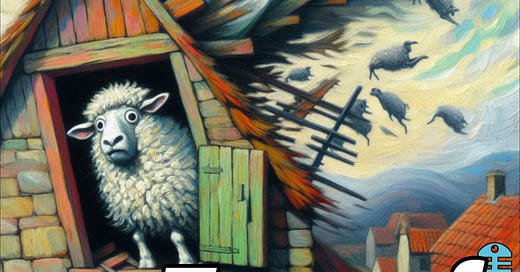






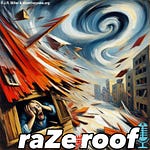
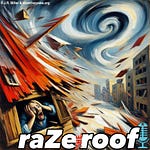

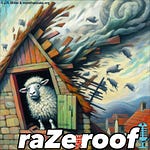
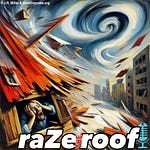

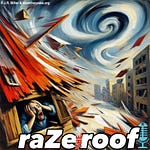
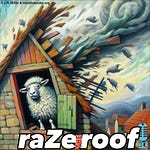
Share this post